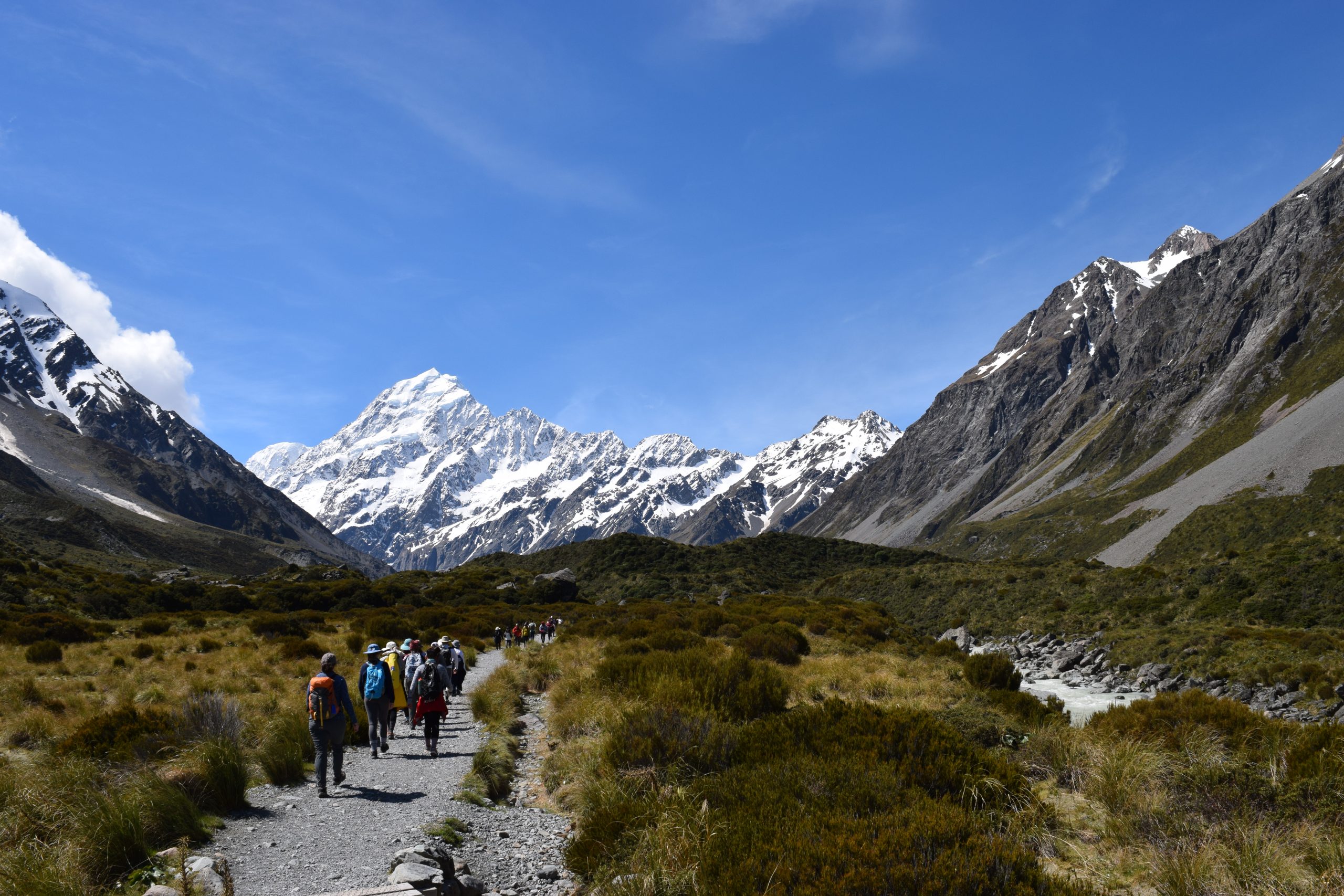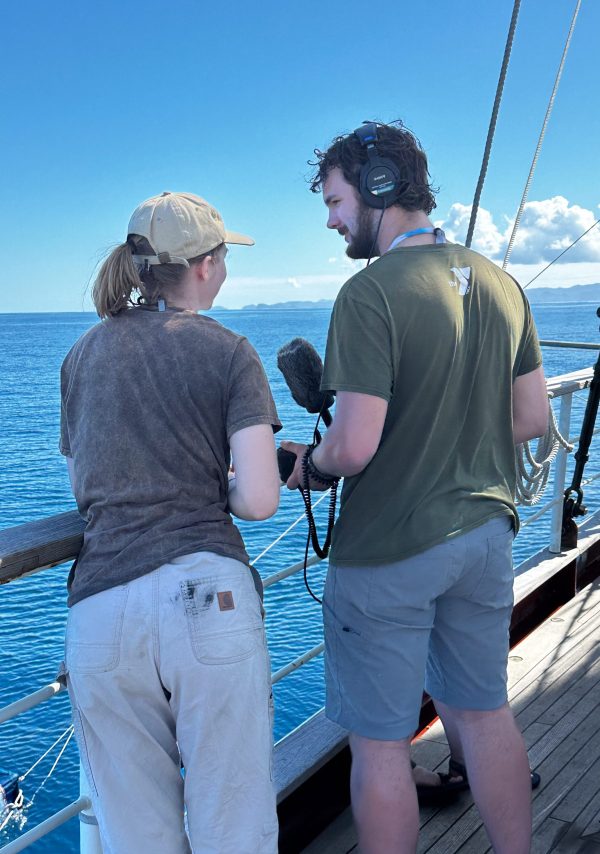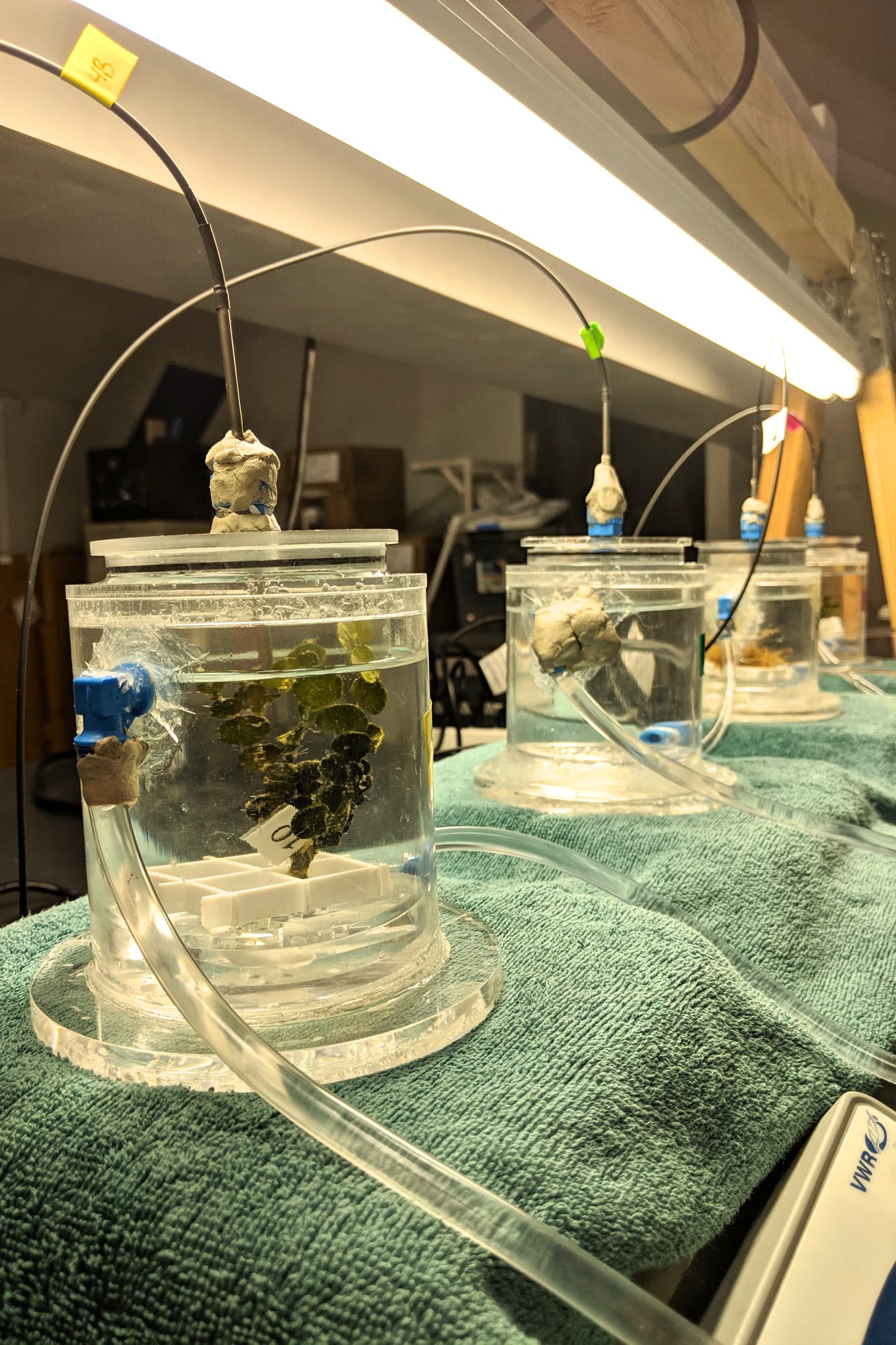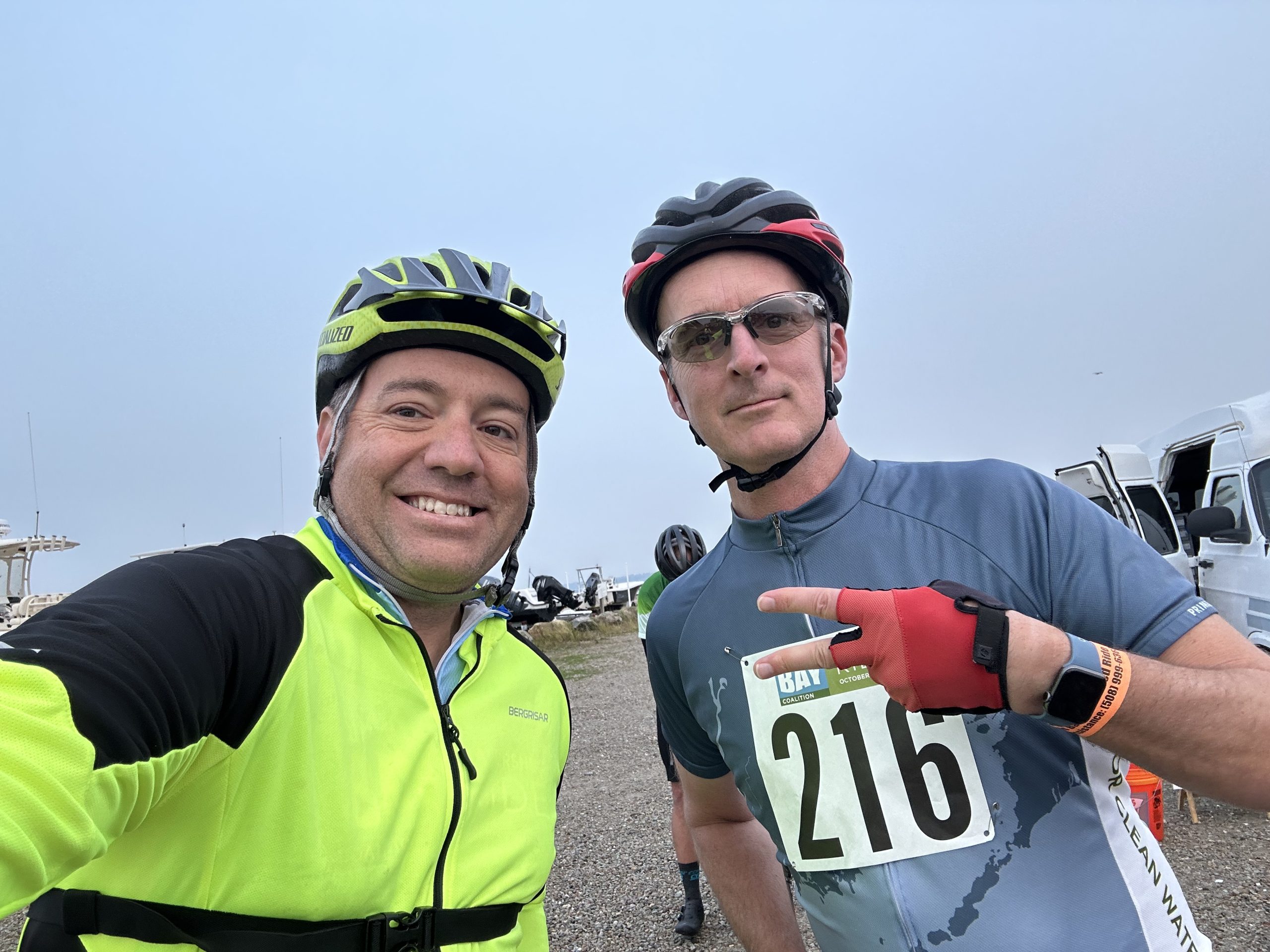Climate & Society: Aotearoa New Zealand
Finding solutions to the problems brought about by climate change requires going beyond scientific data.
We must also consider the possibilities found within social and political institutions, economic systems, cultural practices, and the creative forces of art, literature, and design. The humanities and social sciences contribute to knowledge of how our changing climate impacts human lives and societies, and they play a vital role in building strategies for global climate resilience and adaptation.
Students participating in this program can expect the following:
- Conduct original research while exploring the ocean environment of Aotearoa New Zealand
- Examine how coastal communities are impacted by and adapting to climate change
- Interact with local communities to explore solutions using a multi-disciplinary approach
Fall 2024:
October 7 – December 23, 2024
October 7 – November 13: On campus in Woods Hole, MA
November 14 – November 23: Remote shore component in Christchurch, Milford Sound, and Aoraki/Mount Cook
November 24 – December 23: At sea
Port stops:
Auckland, Napier, Great Barrier Island

Program Description
During the shore component, students will develop a semester-long research project, review essential climate humanities literature, and design a plan for original field research. Climate & Society will discuss a range of climate related issues including human migration and displacement, coastal and urban resilience, environmental justice, energy alternatives, and sustainable design.
The sailing component begins in Auckland, Aotearoa New Zealand, where students will examine climate change issues and local solutions with marine scientists and community leaders. Students will learn about coastal erosion mitigation strategies in Aotearoa New Zealand and explore the effects of climate change on agricultural production and foodways there. Through daily oceanographic surveys, “classroom” discussions, and navigational training while at sea, students participating in Climate & Society will gain a unique and valuable perspective of how climate change links oceanic and terrestrial systems. The Climate & Society cruise track returns to Auckland with a final onboard symposium featuring student presentations of field research and storytelling projects.
Academic Credit
This program carries 18 semester hour credits from Boston University for successful completion of the program.
Course Descriptions & Syllabi
Survey of climate literature across humanities and social science disciplines. Explores interpretive and comparative approaches to understanding human-climate interactions in maritime contexts and identifies collaborative potential with the natural sciences. Requires interdisciplinary research, field journal writing, and team projects.
Prereq: Admission to SEA Semester. Junior standing or consent of instructor.
Seminar focusing on communication skills development for environmental scholars. Introduces the field of environmental communication, examines environmental attitudes and behaviors, and develops a toolkit of communications strategies. Includes projects in data visualization, multi-media presentation and digital storytelling.
Be an effective leader while leveraging the individual strengths of a team. Use leadership theory and case studies to understand how decisions affect outcomes. Participate as an active member of a ship’s crew, progressively assuming full leadership roles.
Prereq: Admission to SEA Semester. Sophomore standing or consent of instructor.
Ocean ecosystem change in the anthropocene: warming, acidification, fisheries depletion, and pollution. Review principles of circulation, seawater chemistry, nutrient dynamics, and biological production to understand causes and consequences of change. Conduct field measurements for contribution to time-series datasets.
Directed Oceanographic Research (300-level, 4 credits)
Prereq: Admission to SEA Semester. Three lab science courses (one at the 300-level or higher) or consent of instructor.
Design and conduct original oceanographic research. Collect data and analyze samples. Compile results in peer-reviewed manuscript format and share during oral or poster presentation session. Emphasis on development of research skills and written/oral communication abilities.
Practical Oceanographic Research (200-level, 4 credits)
(Previously titled Practical Oceanography II)
Prereq: Admission to SEA Semester.
Introduction to oceanographic research. Design a collaborative, hypothesis-driven project following the scientific process. Collect original data. Conduct analysis and interpretation, then prepare a written report and oral presentation.
Syllabi for previous years are available for review. Detailed course content for future programs is dependent on cruise track, seasons, port stops, current events and faculty, and will be available closer to the program start date.









